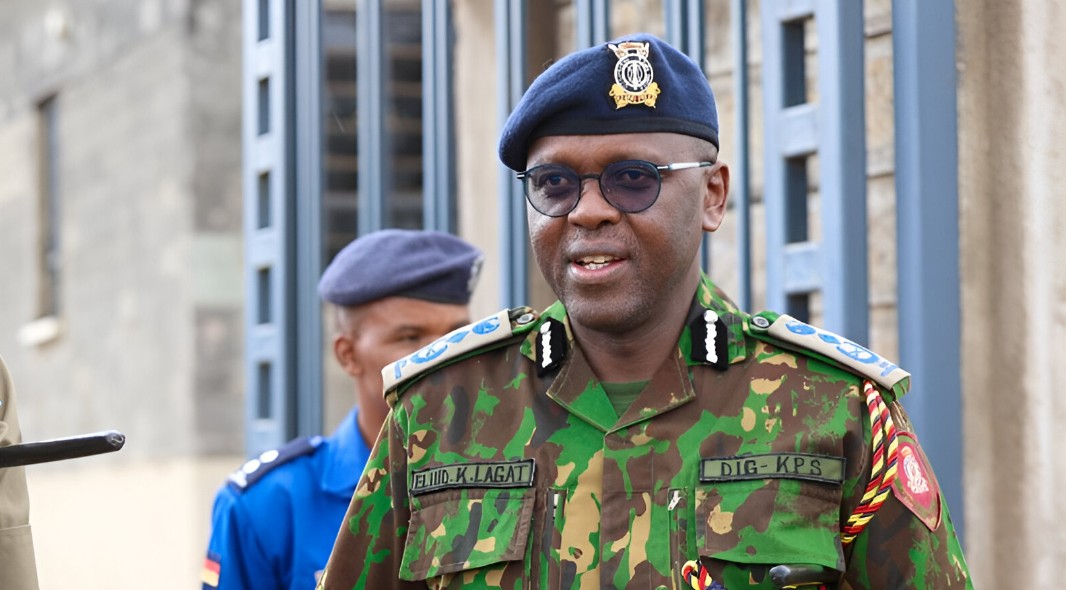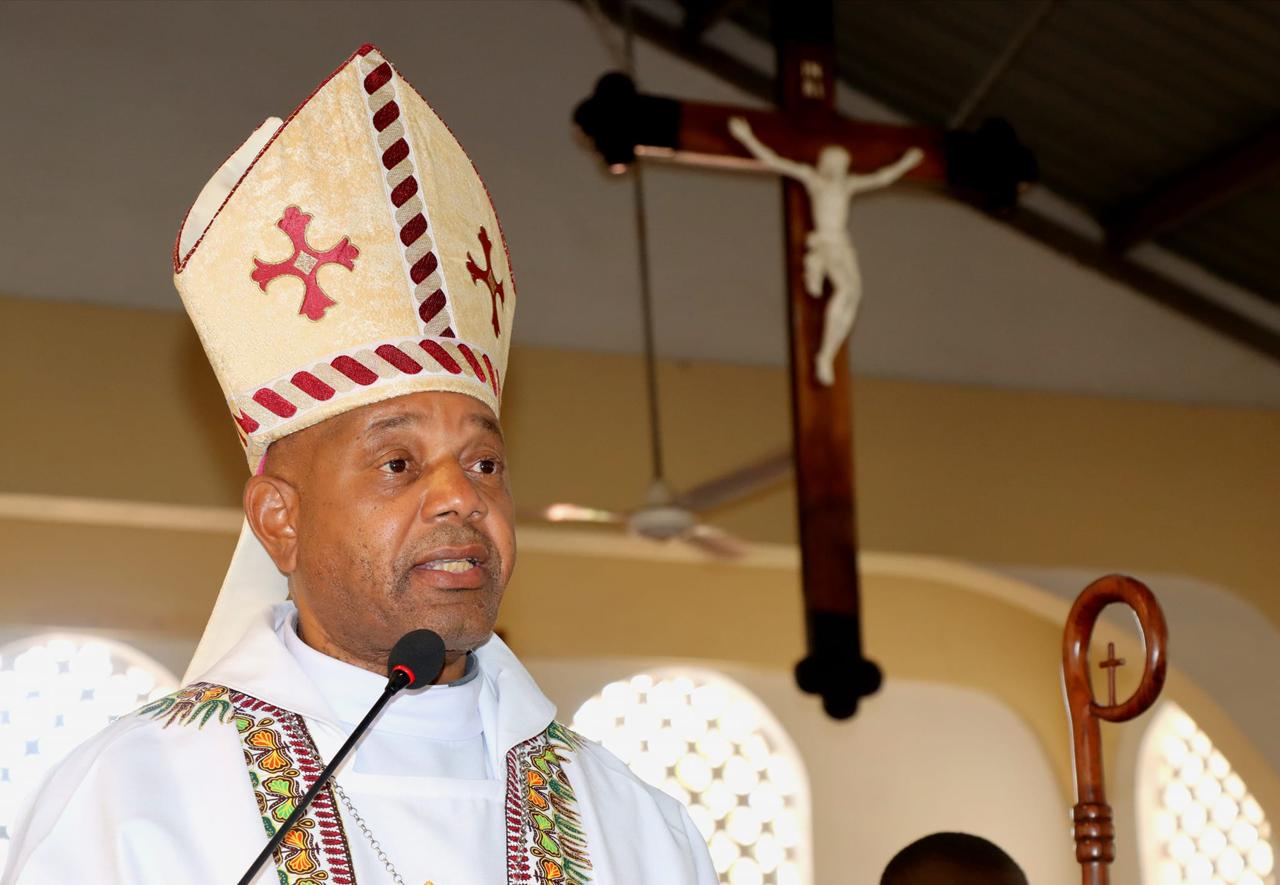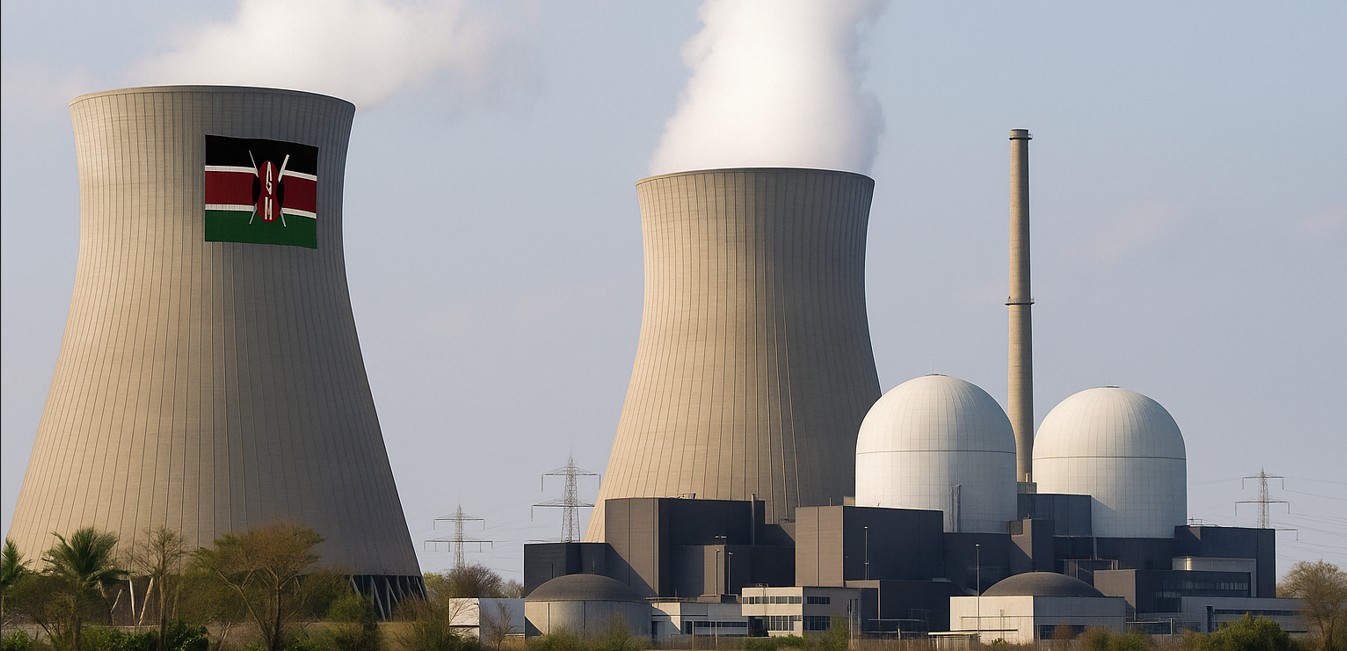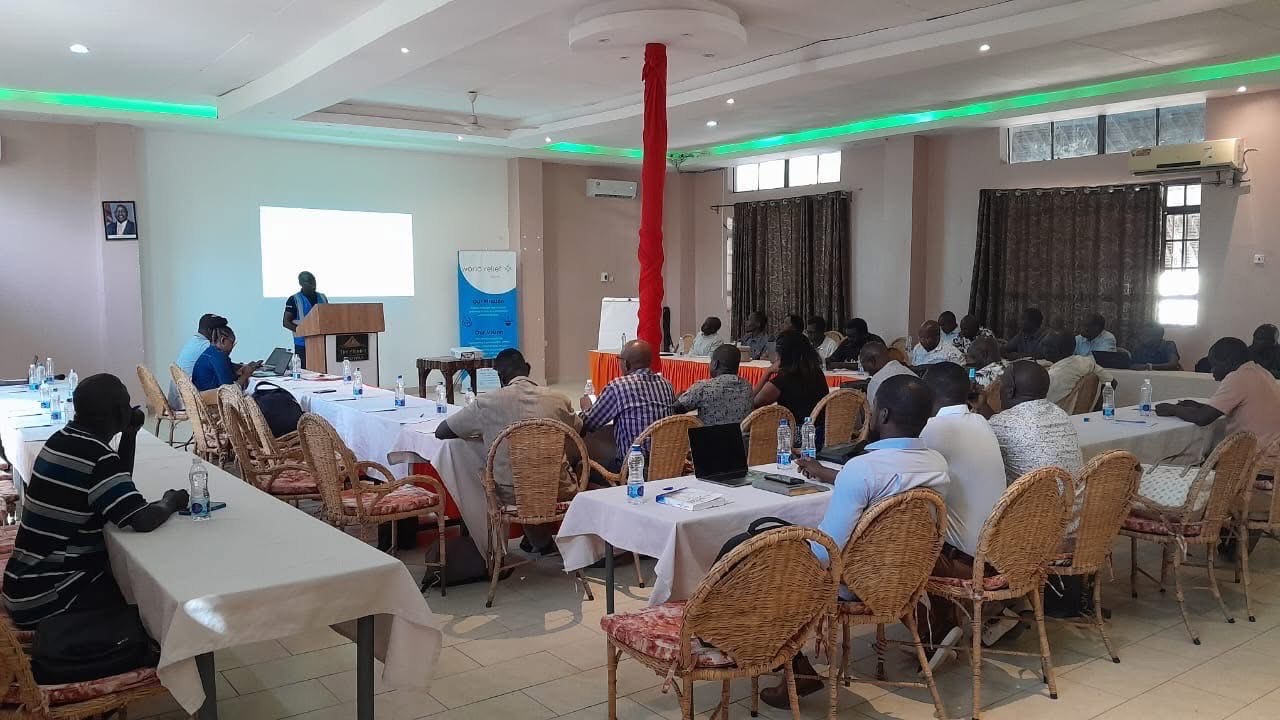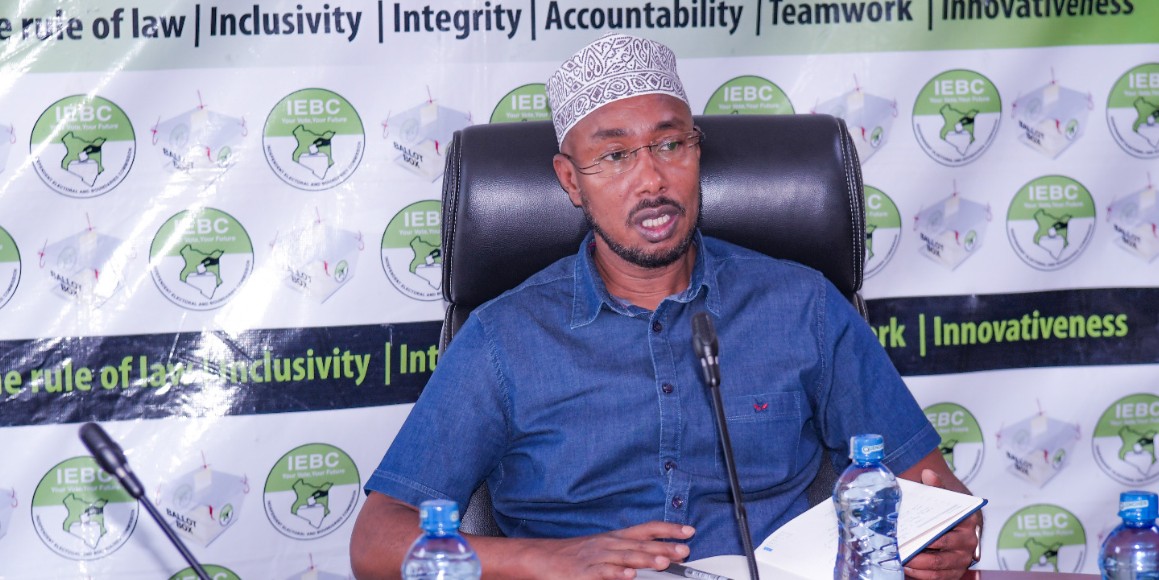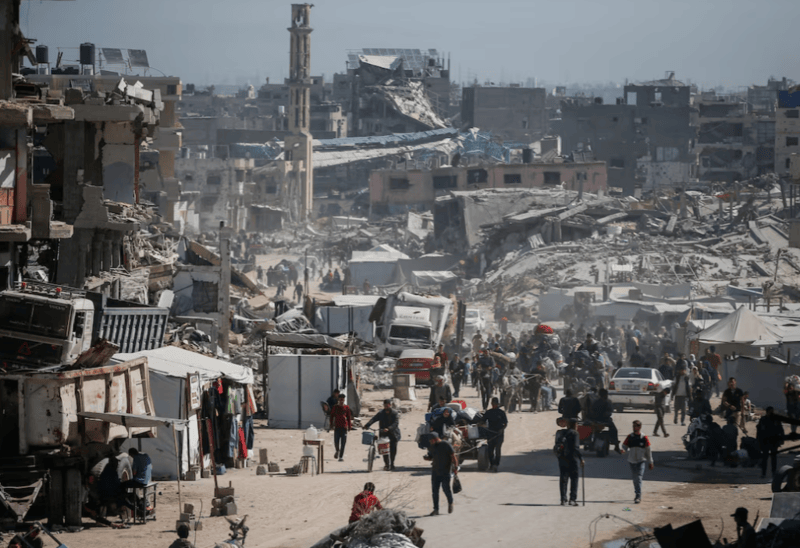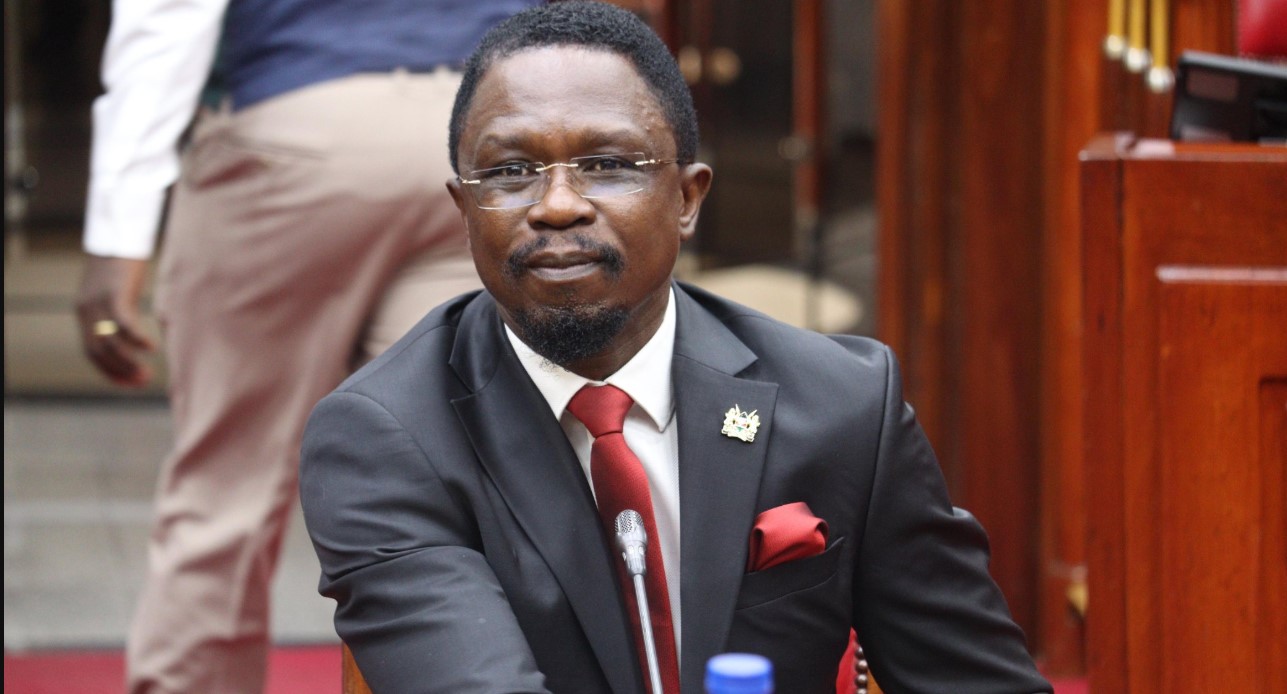Sakaja says at least 2,500 people die annually in Nairobi from air pollution

According to Clean Air Fund's 2020 State of the Global Air report, more than 5,000 premature deaths in Nairobi are linked to air pollution-related illnesses.
At least 2,500 people die every year in Nairobi due to air pollution-related illnesses, Nairobi Governor Johnson Sakaja has revealed.
The pollution crisis is also straining the county's health budget, with projections showing that decisive action could save up to Sh24.8 billion in the next 15 years.
More To Read
- City Hall targets unapproved developments in drive to collect Sh5 billion
- Nairobi Woman Rep Passaris faces backlash from city traders over anti-protest law proposal
- Former MCA files petition to impeach Governor Sakaja over gross misconduct, abuse of office
- Birth certificate issuance drops as booklet shortage bites
- Four suspects held in Nairobi over armed robbery, motorcycle theft at Embakasi firm
- Nairobi water utility records historic Sh11.7 billion in annual revenue amid service reforms
"We estimate that pollution takes at least 2,500 lives a year. It is also a main cause of respiratory infections and all sorts of other problems that deny our people the flourishing lives they deserve," Sakaja said.
Speaking at a global urban centres conference on climate change in Nairobi on Wednesday, the governor said his administration is modernising emission tracing to make the county's climate action plan more effective.
City Hall is currently updating its greenhouse gas inventory, which will help measure the impact of existing policies and guide new strategies.
"Nairobi is updating its greenhouse gas inventory through its fully fledged climate change unit. Once complete, we will have a far better understanding of the city's emission sources and progress being made towards meeting our reduction targets, all while supplying the evidence we need for renewing our climate action plan," Sakaja said.
According to Clean Air Fund's 2020 State of the Global Air report, more than 5,000 premature deaths in Nairobi are linked to air pollution-related illnesses.
Sakaja warned that as the city remains heavily congested and reliant on motor transport, pollution levels will continue to rise if not addressed.
Frequent flooding
Beyond air pollution, he highlighted other climate-related challenges affecting Nairobi, including frequent flooding and pressure on infrastructure and essential services.
"I am, however, implementing policies to fight back by effecting climate solutions that will define the future of this city for generations to come," the governor said.
To combat the crisis, the county government is incorporating climate action into all policies, plans, and programmes.
"I think of it as rewiring our policy and planning so that they are alive to climate concerns at every stage," he said.
The county has also started implementing the Nairobi City County Climate Change Management Act of 2024, which provides a legal framework for action against climate threats.
In September 2024, Nairobi launched the Breathe Cities initiative which is dedicated to cleaning air and enhancing public health in cities worldwide.
Launched in June 2023 by Michael R. Bloomberg, the UN Secretary-General's Special Envoy on Climate Ambition and Solutions and founder of Bloomberg Philanthropies, and London Mayor and C40 Cities Co-Chair Sadiq Khan, the initiative aimed to reduce air pollution by 30 per cent across participating cities by 2030.
Breathe Cities currently operates in 12 cities worldwide, including Nairobi.
Top Stories Today

